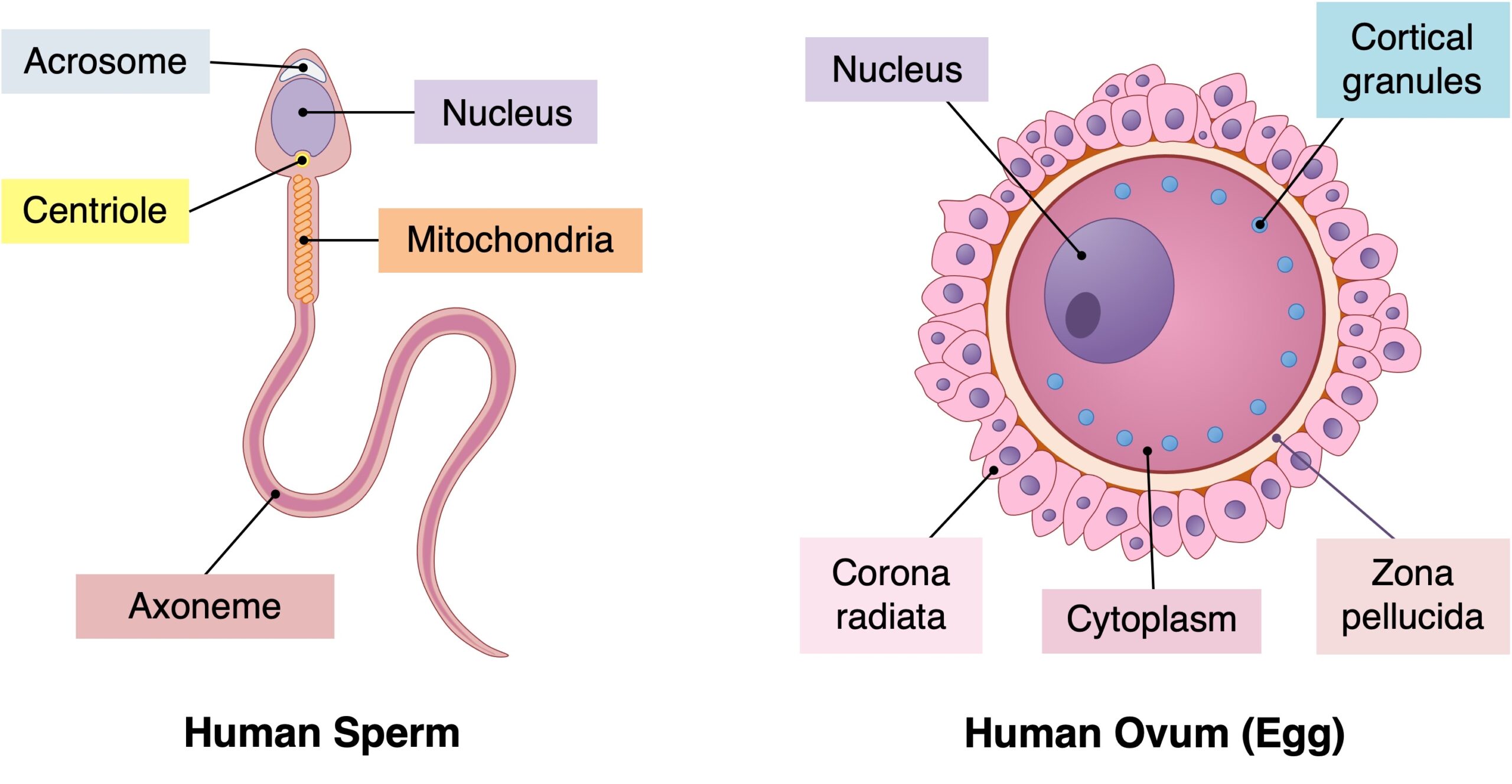
In a strongly worded open letter, Dr. Joseph Chrysostom warns young people against what he calls “deceptive” gender medical practices, including irreversible surgeries and hormone treatments. He claims these interventions do not create functioning sexual organs, but rather permanent wounds and dependencies on the medical system. He also accuses institutions of failing to protect youth and predicts growing accountability in the years ahead.
Open Letter to British Youth Considering Gender Surgery
Dear Young People, I am Dr. Joseph Chrysostom, a medical doctor who has served in the NHS for over 25 years. I am writing to you out of deep concern and genuine care — to warn you about what I believe to be some of the most harmful and deceptive medical practices currently happening in our country. These include the use of cross-sex hormones and surgeries such as vaginoplasty, orchidectomy, and phalloplasty, offered both within and outside the NHS. What I write here reflects my professional opinion and sincerely held belief based on my knowledge of human biology and surgical practice.
You have been told that you can “change sex.” But biologically, that is impossible. Every one of your body’s trillions of cells carries either XX or XY chromosomes — a genetic signature that cannot be altered by hormones or surgery. To claim otherwise is, in my view, deeply misleading. Any doctor or institution promising to “feminise” or “masculinise” the human body without changing its DNA is, in effect, deceiving you.
I believe this deception began early — in schools, through Relationship and Sex Education materials that claimed gender is fluid and that sex is “assigned at birth.”
That is false. Sex is determined at conception, and by the seventh week of foetal development, it is already biologically clear whether a person is male or female. By teaching that doctors might have “assigned” you the wrong sex, these materials planted a dangerous idea — one that could easily take hold during adolescence, a time when self-doubt and confusion are common.
In my view, this was not education but indoctrination. Schools were instructed to hide these matters from parents — the very people best placed to support you through emotional confusion. This isolation mirrors the pattern seen in cult-like ideologies: separating young people from those who love them most. Once detached from parental guidance, vulnerable youth become easy targets for ideologues and, later, for those in medicine who profit from these falsehoods. Sadly, some doctors, surgeons, endocrinologists and psychologists — knowingly or not — have become part of this system.
Cross-sex hormones are being prescribed despite well-documented long-term complications. Surgeons have begun to perform irreversible operations on healthy bodies. When challenged, the professional institutions — Royal Colleges, GMC, NHS England, and the Department of Health — all pass responsibility between themselves. No one will say these surgeries are not deceptive. Yet none will take accountability either.
Let me be clear about what these procedures truly involve:
Vaginoplasty does not create a vagina. It creates a deep surgical slit-like narrow space lined with skin. It is a wound tending to heal and contract, not an organ. It lacks the glands, microbiome, glycogen-rich inner lining, acidic pH (to protect against infections) and natural functions of a female reproductive tract.
Phalloplasty does not create a penis. It forms a mound of skin and fat from another part of the body. It cannot perform erection, emission, or ejaculation — the defining functions of male sexual anatomy.
Mastectomy cannot make a female chest into a male one. It leaves irreversible scars and removes healthy breasts permanently leaving you incapable of lactation. These are not restorative surgeries — they are destructive ones. In my opinion, they have the potential to turn healthy young people into lifelong patients, dependent on the medical system for repairs, revisions, and mental health support.
What you truly need is not surgery, but psychotherapy — compassionate, skilled counselling to help you understand and accept your biological reality.
You deserve truth, not ideology. You deserve to be treated with honesty, not with the promise of impossible transformations. I believe that within a few years, many of those who underwent these surgeries will express deep regret — but by then, it will be too late. Lost organs cannot be replaced. The physical and psychological scars are permanent.
I urge you: step away from the conveyor belt that starts in classrooms and ends in operating theatres. Parents and professionals across the world are now awakening to the dangers of gender ideology. Within the next few years this conveyor belt will be empty due to the alertness of current generation of parents.
Accountability is coming. I believe, those who performed, assisted, promoted, or profited from these procedures will one day have to answer for them. Thank you for reading this letter with an open mind. I write not to condemn you, but to protect you — before irreversible harm is done.
With sincerity and concern,
Dr. Joseph Chrysostom,
MBBS, MS (Gen Surg), FRCSEd GMC 5199143
+++
Step into the Light

